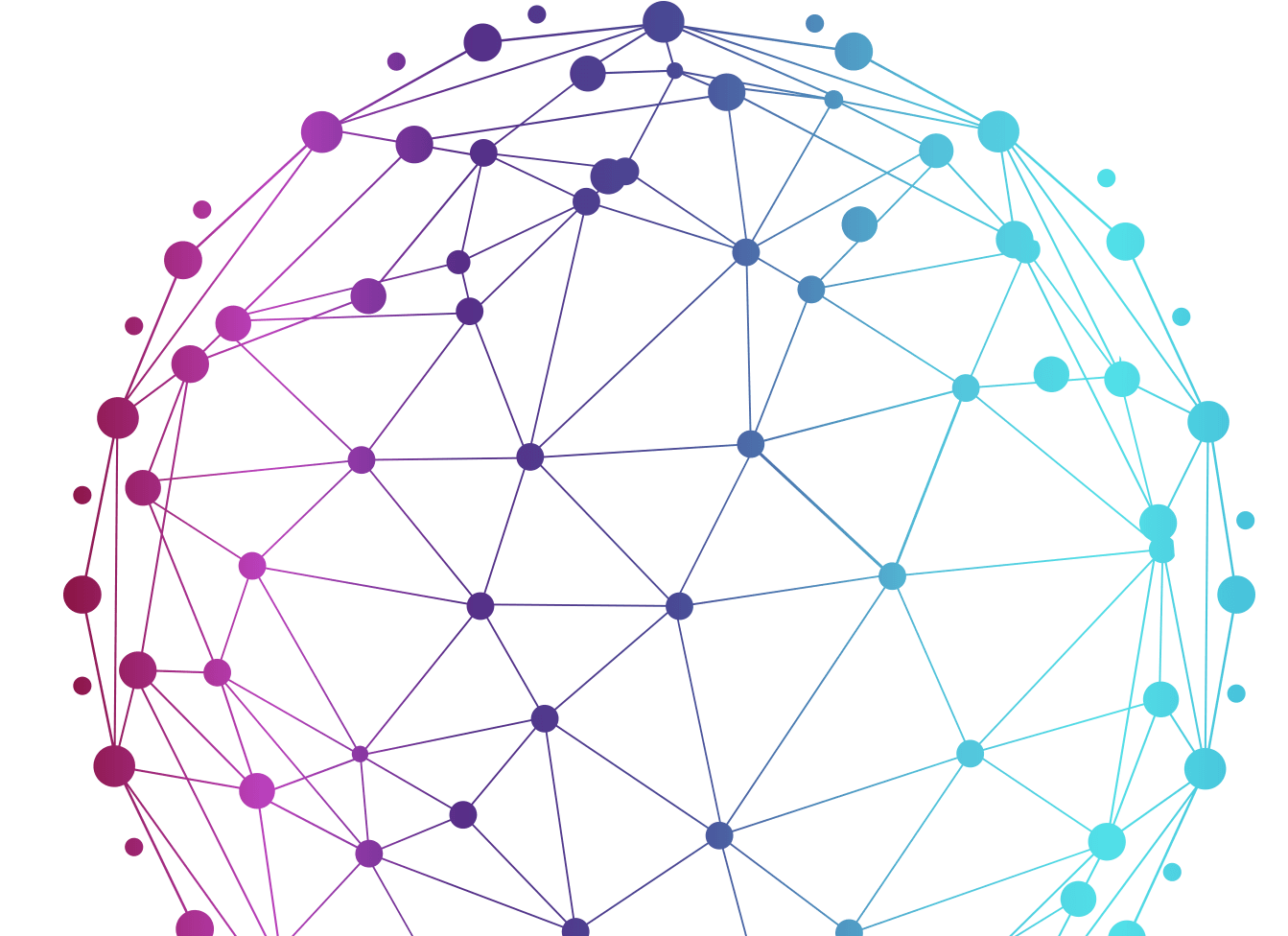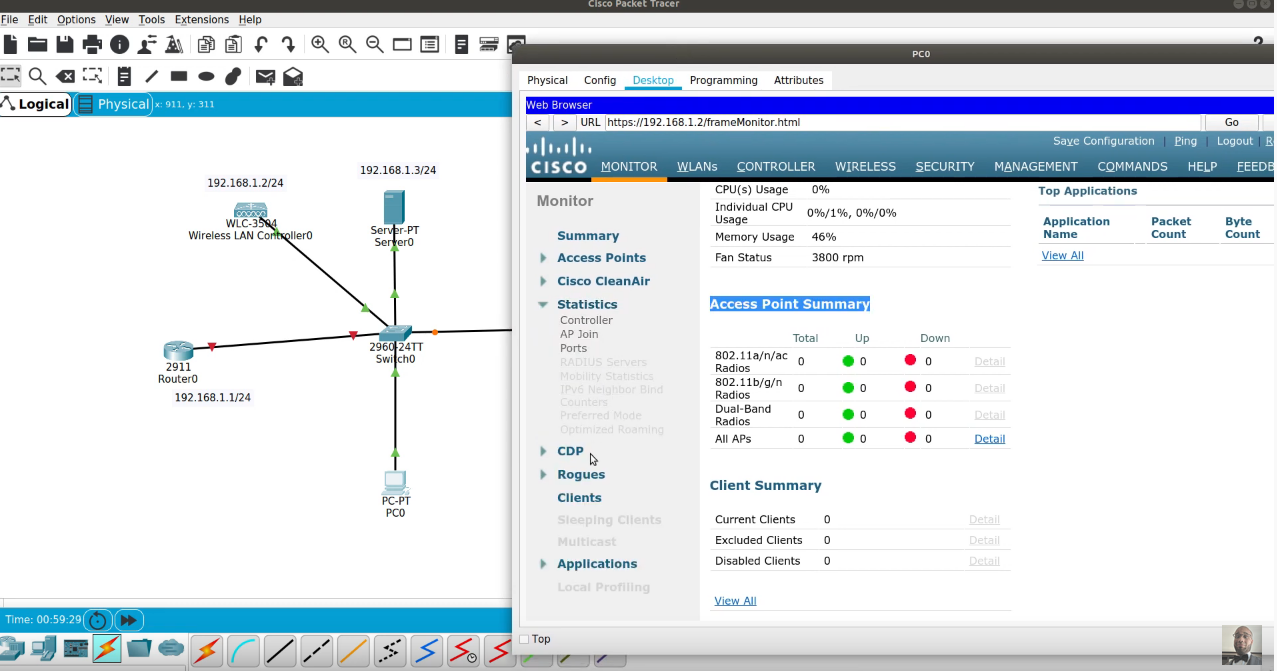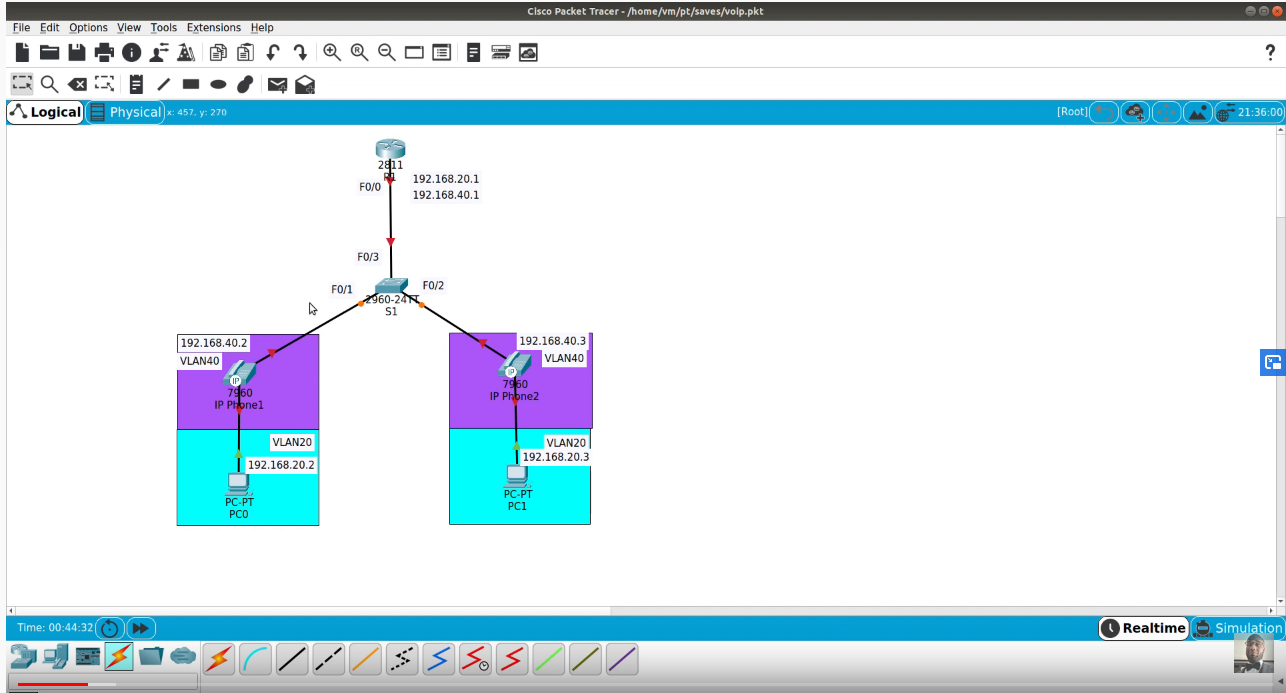What is the CCNA?
CCNA (Cisco Certified Network Associate) is an information technology (IT) certification from Cisco. CCNA certification is an associate-level Cisco Career certification.
The Cisco exams have changed several times. In 2013, Cisco announced an update to its certification program that “aligns certification and training curricula with evolving industry job roles.”[1] There are now several different types of Cisco-Certified Network Associate, with “CCNA Routing and Switching” being closest to the original CCNA focus; other types of CCNA focus on security, cloud, collaboration, security operations, design, data center technologies, industrial plants, service providers, and wireless
Books
Youtube Channels
Home Lab
There are two main options for a home lab – physical and virtual. You can also mix and match as needed.
Because of the new version it is recommended to try to use IOS 15 in all your physical gear so you can utilize the modern features that IOS brings to the table. The router models don’t matter all that much since features at the CCNA and CCNP level are mostly the same, you also don’t need to worry about serial modules nearly as much because serial is a very small topic now.
Model numbers matter with switches though, you should aim to get 3 or 4 Cisco 3560 switches so your lab will last you well past your CCNA R&S studies, though you can pick up a some L2 Cisco 2960 switches if need be.
For virtual you have 3 main options
- Packet Tracer – a mostly functional emulation tool that meets most of the CCNA requirements, it requires very little resources or technical knowledge but only supports just enough IOS features for you to pass the CCNA.
PT 7.0 is out now and can be gotten for free from Cisco.
- GNS3 – a functional solution that runs real IOS images, the downside is you need to get your hand on IOS images. It also doesn’t have native support for most L2 features.
- VIRL – this is the most resource heavy option but its benefit is that Cisco provides IOS images to you.
Exam topics
100-105 – ICND1 3.0
Here is a summary of the changes in the new version:
Removed:
- RIP is now the sole routing protocol in this exam.
- IPv6 Dual Stack was removed in favour of transition techologies
- CEF has been removed from the exam.
Added:
- High level knowledge of Firewalls, Access Points, and Wireless Controllers
- Awareness of Collapsed Core architecture
- Configure and verify IPv6 SLAAC
- IPv6 Anycast addresses
- Knowledge of LLDP
- Troubleshooting DNS and DHCP related connectivity issues
- Understanding Syslog
- Device management
200-105 – ICND2 3.0
Removed:
- Frame-Relay (HOORAY!)
- VRRP and GLBP (BOO!)
Added:
- Knowledge of IWAN
- Basic eBGP
- VPNs: DMVPN, Site to Site, Client VPNs
- Understanding the Cloud
- Understanding SDN
- Using APIC-EM’s Path Trace application
- QoS
200-125 – CCNAX 3.0
All in all some pretty fair additions and only a couple questionable removals.
Practice Tests
The Boson practice tests are highly regarded and tend to be of similar difficulty or more difficult than the actual exam.
ARE YOU READY? START HERE


